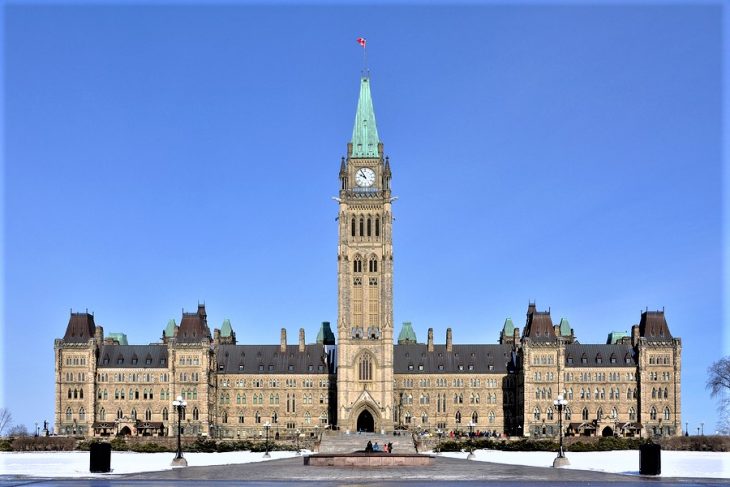
Still supports international plan to address tax challenges
OTTAWA – Budget 2022, tabled yesterday, includes a note the government is prepared to move forward with legislation for a Digital Services Tax (DST) – a 3% tax on certain revenue earned by some digital services, which was first announced in 2020.
Since 2021, Canada has also been working with over 100 other jurisdictions on a two-pillar solution to address tax challenges brought on by the digitalisation of the economy.
“Canada strongly supports international efforts to end the corporate tax race to the bottom, ensure that all corporations pay their fair share, and level the playing field for Canadians and Canadian businesses,” the budget reads.
The budget further notes the government is “encouraged” by progress on the international two-pillar solution. It does, however, plan to continue working on its own DST.
“To ensure that Canadians’ interests are protected in any circumstance, the government is prepared to advance legislation for a Digital Services Tax to ensure that corporations in all sectors, including digital corporations, pay their fair share of tax on that money they earn by doing business in Canada,” Budget 2022 says.
“It is Canada’s sincere hope that the timely implementation of the new international system will make this unnecessary.”
The Office of the United States Trade Representative (USTR) has been critical of Canada’s plans to implement the DST.
The Department of Finance Canada invited comments on draft proposals, which were due Feb. 22, 2022.
The comments are not publicly available, and the government does not intend to make them public, however, the USTR published its submission online.
The USTR criticized Canada’s DST proposal in its submission, saying “the United States has serious concerns about measures that single out American firms for taxation while effectively excluding national firms engaged in similar lines of business.”
The submission indicates the USTR’s understanding of Canada’s proposal is that it “will duplicate most aspects of the DSTs adopted in France, Italy, Spain, Turkey, and the United Kingdom,” which the U.S. concluded were “discriminatory and burden U.S. commerce.”
The USTR’s submission also raised concerns about Canada’s actions undermining the international effort.
“Canada has repeatedly stated its hope that implementation of the Two-Pillar Solution would make Canada’s DST proposal unnecessary,” the submission reads.
“Instead of pursuing a counterproductive unilateral measure that risks encouraging other countries to follow suit thus undermining the ongoing negotiations, Canada can focus efforts on engaging constructively in the multilateral OECD negotiations – ensuring that its unilateral measure proposal is unnecessary and that Canadian interests are protected.”



